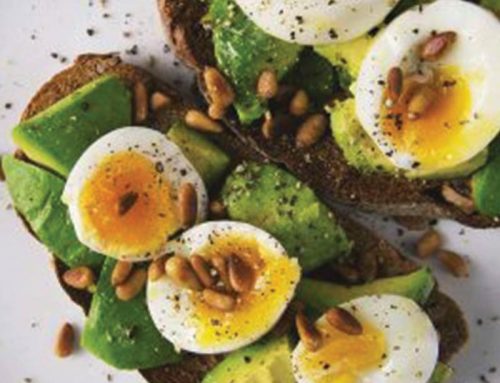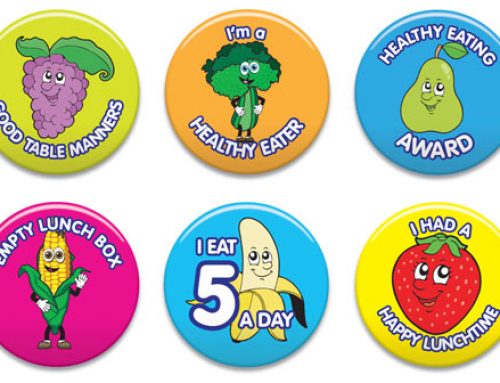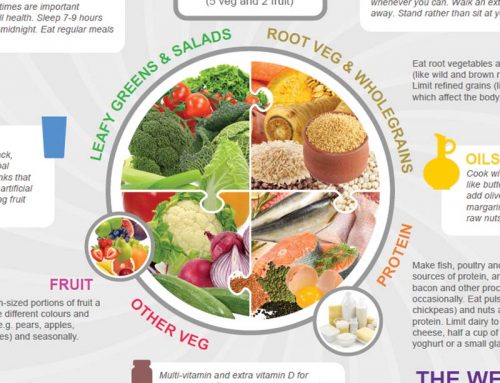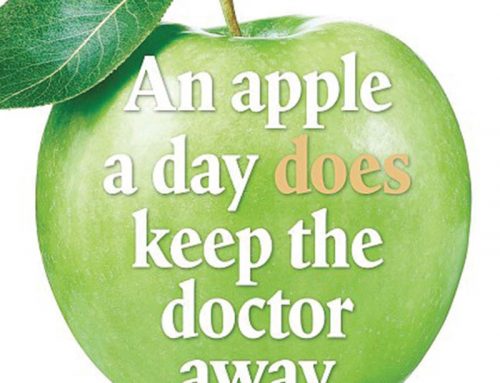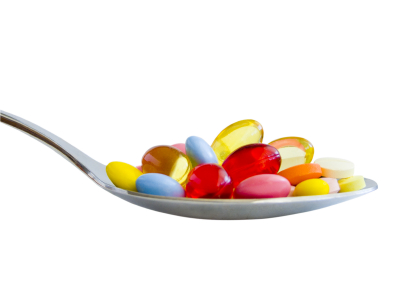
It’s estimated that over a third of the Irish population takes a health supplement daily and over half the population use natural health products on a regular basis. The fact that we spend millions of Euros every year on supplements certainly justifies asking the question; Are they good for us or are we literally flushing our hard earned cash down the toilet and damaging our health to boot?
It’s a complex issue and one that divides opinion even amongst health professionals. To help you make an informed choice, it’s important to understand that not all supplements are created equal and there are pro’s and con’s to taking them. Below addresses the most common questions I receive in relation to vitamins & supplements and should give you an overview:
Supplements Defined – Are they medicines, are they foods, are they drugs, are they natural, are they synthetic, what exactly are they? The term ‘supplement’ is a broad ambiguous term which causes a lot of confusion in itself. Put simply, a food supplement is a preparation intended to supply nutrients, (such as vitamins, minerals, fatty acids or amino acids) that are missing or not consumed in sufficient quantity in a person’s diet. Some countries define supplements as foods, while in others they are defined as drugs.
Are supplements necessary? – Whilst it’s true that every nutrient we need can be found in food, the reality is that even those who eat a well-balanced diet may be lacking in some of the most basic nutrients. With our overly processed food supply, as well as chemically abused farm soils, our foods typically contain less vitamins and minerals than they did just several decades ago. Fruit and vegetables from supermarkets can often be nutrient deprived due to excessively long storages times. In addition, most fruit and vegetables are picked before reaching their peak nutrient content so that they ripen before reaching supermarket shelves.
Overfed & Undernourished – Our society craves nutrient depleting food. Many of us have developed a taste for foods made from white flour, trans fats and sugar. These foods have no nutritional value but still require nutrients in order to be processed in the body. In effect, they rob us of nutrients. We also ingest an abnormal amount of chemicals through our food, water and air. These chemicals also require nutrients from our bodies in order to excrete them. In addition, chronic stress has become part and parcel of modern living and stress in itself can deplete vitamins and minerals so it’s no wonder our nutritional needs are often unmet.
Natural Vs. Synthetic – Without doubt our bodies will absorb vitamins from whole food sources much more readily compared to vitamins from synthetic sources. Put simply, the human body has evolved for millions of years to digest foods found in nature. Most synthetically produced supplements are chemical compounds that cannot be found in nature, hence the human body may have trouble recognizing these ingredients. Bottom line is that if the human body was given the choice between real and fake it would always prefers real.
Not all supplements are created equal – Various brands differ greatly in terms of quality. Buy a cheap supermarket supplement and you’ll end up with synthetic vitamins or minerals that our bodies can find difficult to absorb. In addition, synthetic supplements will often isolate specific nutrients and sell them as such. However, nature does not produce any nutrient in an isolated form. The nutrients in food work together in a synergistic fashion. For an isolated nutrient to work properly in the body it needs all the other nutrients that are present in the food too. As a rule it’s best to purchase supplements from health food stores who carry quality brands and opt for a whole food supplement where possible.
The Risks – As a nutritional therapist I have never come across anyone who has suffered significant health damage from taking supplements but that doesn’t mean it’s not important to exercise caution. Certain supplements pose greater health risks than others. For example, the fat soluble vitamins (vitamins A, D, E, and K) have the ability to be stored within the body so therefore have the potential to reach toxic levels. The water soluble vitamins such as the B vitamins or Vitamin C cannot be stored so even if you take too much the body will simply excrete what it doesn’t need making for some pretty expensive urine! Minerals like calcium and iron should also be taken with caution as an overload of either can have detrimental effects.
Protein Supplements – I see a lot of young men who rely heavily on protein supplements to bulk up. It’s a lot easier than most people realise to overdose on protein. If you eat protein with every meal and then consume protein bars and shakes, the chances are you are consuming too much protein. We need approximately 0.8g of protein per kilo of body weight so do the math before you start supplementing. Long term excessive protein intake can lead to kidney damage as well as calcium deficiencies. Choose protein supplements carefully. Avoid synthetic proteins and those which contain sugar and artificial sweeteners. Natural pea or soy based protein powders are best.
Bottom Line – The bottom line is that supplements can be beneficial if prescribed and taken in the right way for the right reason. Problems arise when people self diagnose and self prescribe using ‘Dr. Google’ instead of a health care practitioner who can assess their nutritional needs. In my nutrition clinic, I only prescribe supplements where necessary and take a ‘food first’ approach. I may prescribe natural supplements to clients who present with deficiency symptoms or absorption issues and I’d highly rate a number of supplements for assisting with conditions such as IBS, migraine, reflux, high cholesterol, and PMS.
However, supplements should never be viewed as a substitute for a healthy diet. Ultimately the best way to invest in your health is to eat a wide variety of natural whole foods which are locally grown and in season. If you eat a diet that is predominantly made up of fresh fruit, vegetables, nuts, seeds, beans and lentils and limit nutrient depleting food (sugar, white flour, alcohol, caffeine) then you most likely will not require food supplements. Food is one of the most powerful tools we can use to ensure good health and it goes without saying that good health is worth the price, it’s the best investment you’ll ever make.
Elsa Jones is a qualified nutritional therapist. She offers one-to-one consultations and devises nutrition plans tailored to meet individual health needs. www.elsajonesnutrition.ie


